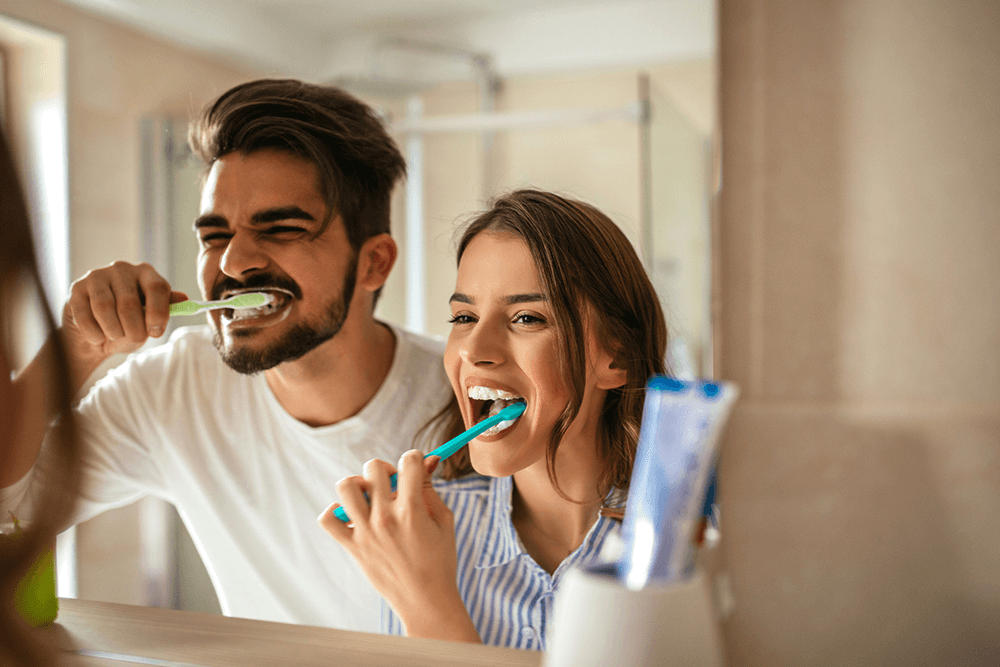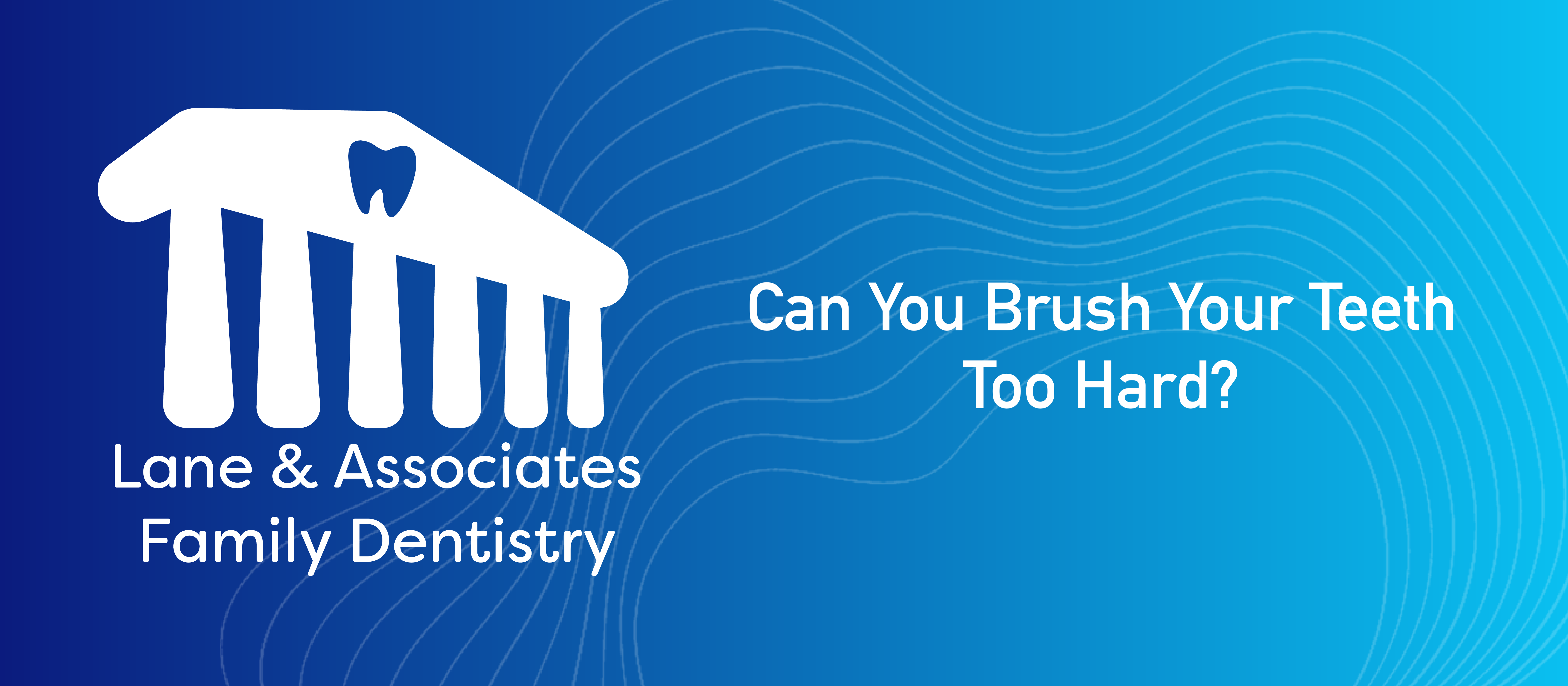Brushing your teeth is one of the essential habits that we are taught from a young age. It is essential to maintain good oral hygiene, which is necessary for overall health. However, there is a possibility that one can brush their teeth too hard, which may lead to damage to their teeth and gums.
Toothbrush abrasion is a condition that occurs when there is damage to the teeth and gums due to over-brushing. This article will explore the possibility of over-brushing and its consequences.
The Mechanics of Toothbrush Abrasion
To understand toothbrush abrasion, one must first understand the anatomy of the tooth. The tooth has three layers, the enamel, the dentin, and the pulp. The enamel is the outermost layer of the tooth, and it is the hardest and most durable. It provides protection to the tooth and prevents damage from external factors such as bacteria, acid, and physical impact. The role of toothbrush bristles is to remove plaque and food debris from the tooth surface. However, when one brushes their teeth too hard, the bristles can wear down the enamel, which may lead to tooth sensitivity, receding gums, and enamel erosion.
The Consequences of Brushing Too Hard
Brushing your teeth too aggressively can have adverse effects on your teeth and gums. One of the most common effects of over-brushing is tooth sensitivity. When the enamel wears down, the tooth becomes more sensitive to temperature changes, sweet or acidic foods, and drinks.

Receding gums is another consequence of over-brushing. Gum recession occurs when the gum tissue pulls away from the tooth, exposing the root of the tooth. Enamel erosion is also a result of over-brushing. Enamel erosion is the gradual loss of tooth enamel due to exposure to acidic substances.
Signs of Brushing too Hard
It is essential to recognize the signs that you’re brushing too hard to prevent further damage to your teeth and gums.
One common symptom of brushing too hard is bleeding gums. If you experience bleeding gums while you’re brushing your teeth, you should try using softer bristles and a more gentle touch.
Flattened toothbrush bristles are another sign that you’re brushing too hard. If the bristles on your toothbrush are flared out and not sticking straight up, this is a sign that you’re pressing your toothbrush against your teeth too firmly causing them to become miss-shaped.
How to Avoid Brushing too Hard
To avoid over-brushing, it is essential to practice proper brushing techniques. One should brush their teeth twice a day for two minutes each time. It is also important to choose the right toothbrush. Soft-bristled toothbrushes are recommended as they are gentle on the teeth and gums. One should also avoid using too much pressure when brushing their teeth. Instead, use gentle circular motions to clean the teeth and gums. It is also important to avoid brushing immediately after eating or drinking acidic substances. Waiting at least thirty minutes before brushing can help prevent enamel erosion.
If you have noticed these signs in your own teeth and oral hygiene habits, it is important for you to know that brushing your teeth too hard does not clean them more efficiently. Brushing with soft, gentle circles and flossing your teeth often will benefit you more than trying to scrub away the plaque on your teeth. It is more important to perfect the technique of brushing your teeth rather than brushing hard.
Conclusion
Brushing your teeth is an essential part of maintaining good oral hygiene. However, brushing them too hard can have adverse effects on your teeth and gums. Toothbrush abrasion is a condition that occurs when there is damage to the teeth and gums due to over-brushing. It is essential to recognize the signs and symptoms of over-brushing to prevent further damage to your teeth and gums. Practicing proper brushing techniques, choosing the right toothbrush, and
avoiding over-brushing can help prevent toothbrush abrasion. It is also essential to visit your dentist regularly for check-ups and cleanings. Your dentist can help detect any signs of toothbrush abrasion and provide advice on how to prevent further damage.


